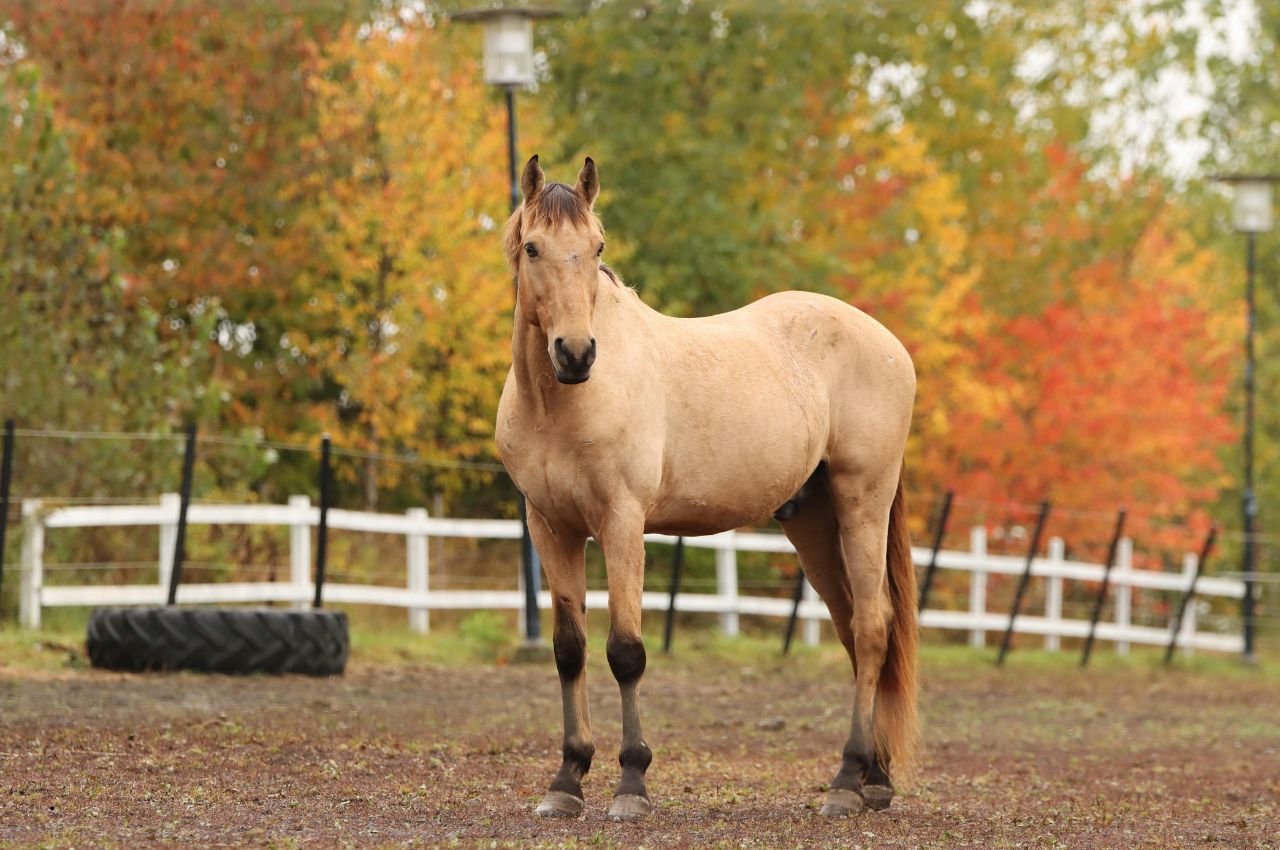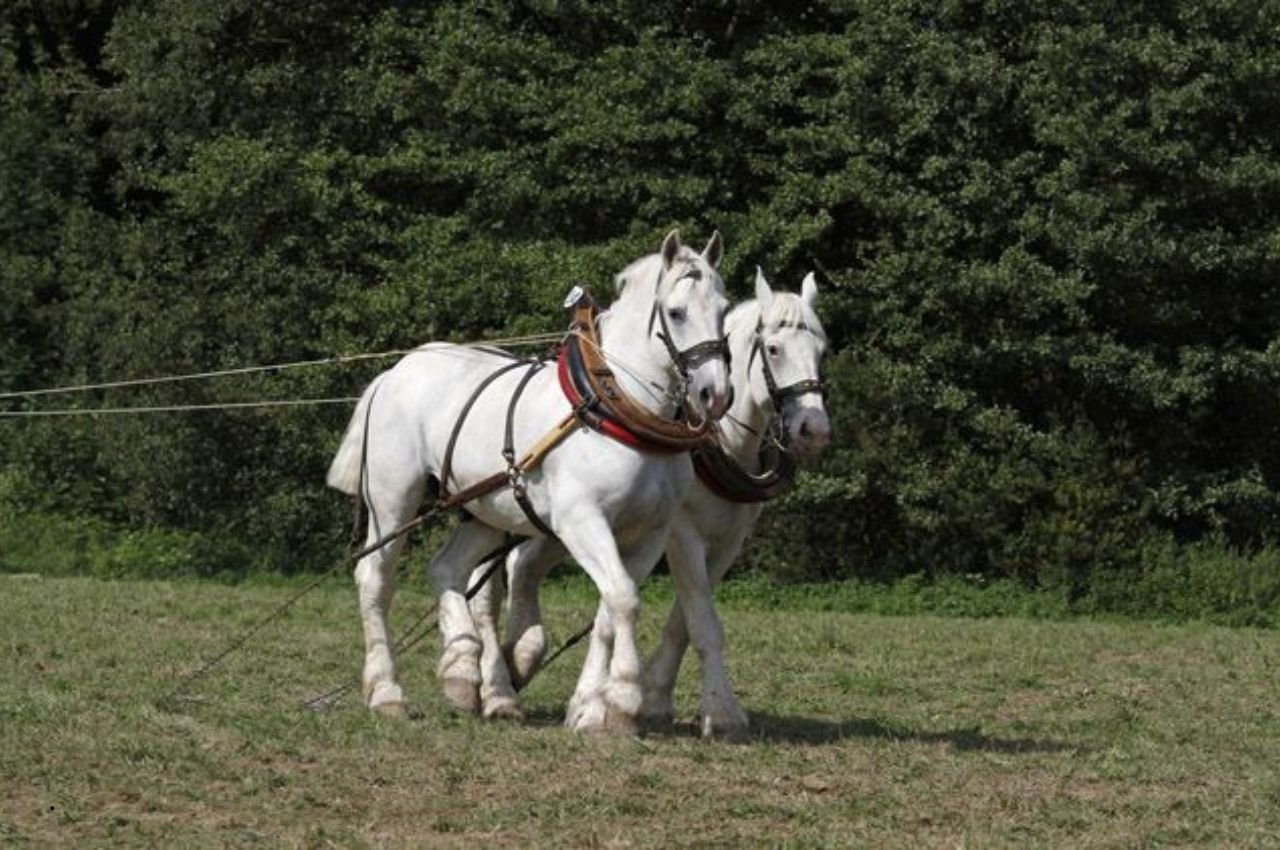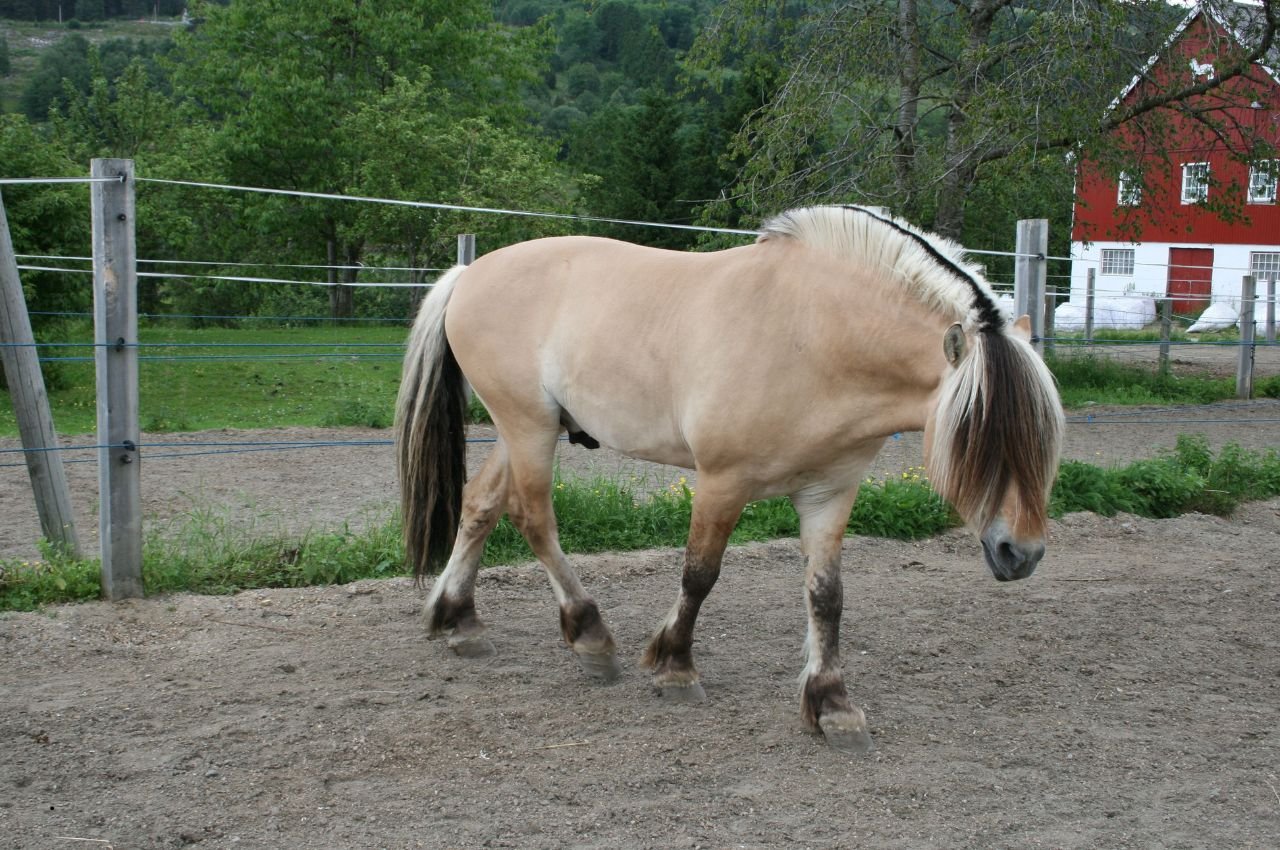Horse arthritis is one of the most common causes of chronic pain and reduced mobility in horses, especially as they age. Arthritis, also known as degenerative joint disease (DJD) or osteoarthritis, occurs when the cartilage that cushions joints wears down over time, leading to inflammation, pain, and stiffness.
Early intervention and proper management can help your horse live a more comfortable, active life. Here are 6 effective ways to relieve joint pain and support horses dealing with arthritis.
Table of Contents
Veterinary Diagnosis and Regular Checkups
The first step in managing horse arthritis is getting a proper diagnosis. If you notice signs such as stiffness, lameness, or reluctance to move, consult your veterinarian. They may recommend:
- Lameness exams
- X-rays or ultrasound
- Joint flexion tests
Regular checkups allow for early detection and monitoring, which is crucial in slowing down disease progression.
Joint Supplements
Supplements can help support joint health by reducing inflammation and promoting cartilage repair. Common ingredients in equine joint supplements include:
- Glucosamine
- Chondroitin sulfate
- MSM (Methylsulfonylmethane)
- Hyaluronic acid
- Omega-3 fatty acids
While supplements won’t cure horse arthritis, they can improve joint function and comfort over time when used consistently.
Anti-Inflammatory Medications
For horses with moderate to severe arthritis, your vet may prescribe non-steroidal anti-inflammatory drugs (NSAIDs) such as:
- Phenylbutazone (Bute)
- Firocoxib (Equioxx)
These medications help reduce joint inflammation and pain. However, long-term use should be monitored carefully to avoid side effects like ulcers or kidney damage.
Exercise and Controlled Movement
Contrary to popular belief, light exercise can be beneficial for horses with arthritis. Movement helps:
- Improve circulation to the joints
- Reduce stiffness
- Maintain muscle tone
Focus on low-impact activities such as:
- Walking under saddle or in-hand
- Turnout in soft pastures
- Gentle lunging with support boots (if needed)
Avoid deep footing, hard surfaces, or intense exercise, which can worsen joint damage.
Joint Injections
For horses with localized joint pain that doesn’t respond to other treatments, joint injections can provide targeted relief. These may include:
- Corticosteroids to reduce inflammation
- Hyaluronic acid to lubricate the joint
- IRAP or PRP therapy (biologic treatments) to promote healing
Joint injections should only be administered by a licensed veterinarian and are typically part of a broader arthritis management plan.
Supportive Care and Environmental Adjustments
Small changes to your horse’s environment and routine can greatly improve comfort:
- Use soft bedding to reduce stress on joints
- Keep stalls clean and dry to prevent slipping
- Use hoof boots or supportive shoes as recommended by your farrier
- Maintain a healthy weight to reduce pressure on joints
In cold weather, consider using horse blankets and leg wraps to keep joints warm and reduce stiffness.
Final Thoughts on Horse Arthritis Management
While there’s no cure for horse arthritis, the right combination of medical care, supplements, controlled exercise, and supportive management can significantly improve your horse’s quality of life. Early detection and a proactive approach are key.
Working closely with your vet and farrier will help you develop a long-term arthritis care plan tailored to your horse’s specific needs.
FAQs About Horse Arthritis
What are the early signs of arthritis in horses?
Early signs of horse arthritis include stiffness after rest, mild lameness, reduced performance, reluctance to pick up certain gaits, and visible swelling around joints. These symptoms may worsen after exercise or in cold weather.
Can a horse with arthritis still be ridden?
Yes, many horses with arthritis can still be ridden, especially with proper management. Low-impact exercise, like walking and light flatwork, can actually help maintain joint mobility. Always consult your vet to develop a safe riding plan.
What is the best supplement for horse arthritis?
The most effective joint supplements often contain glucosamine, chondroitin sulfate, MSM, hyaluronic acid, and omega-3 fatty acids. Results vary by horse, so it may take some trial and error or veterinary guidance to find the best one.
Are joint injections safe for horses?
Yes, when administered correctly by a vet, joint injections can be safe and effective. They are typically used for moderate to severe cases of arthritis and can provide long-lasting relief, though they are not a permanent solution.
Can arthritis in horses be cured?
No, arthritis in horses cannot be cured, but it can be managed effectively. With the right combination of medical care, supplements, exercise, and supportive environment, many horses continue to live comfortable, active lives.







